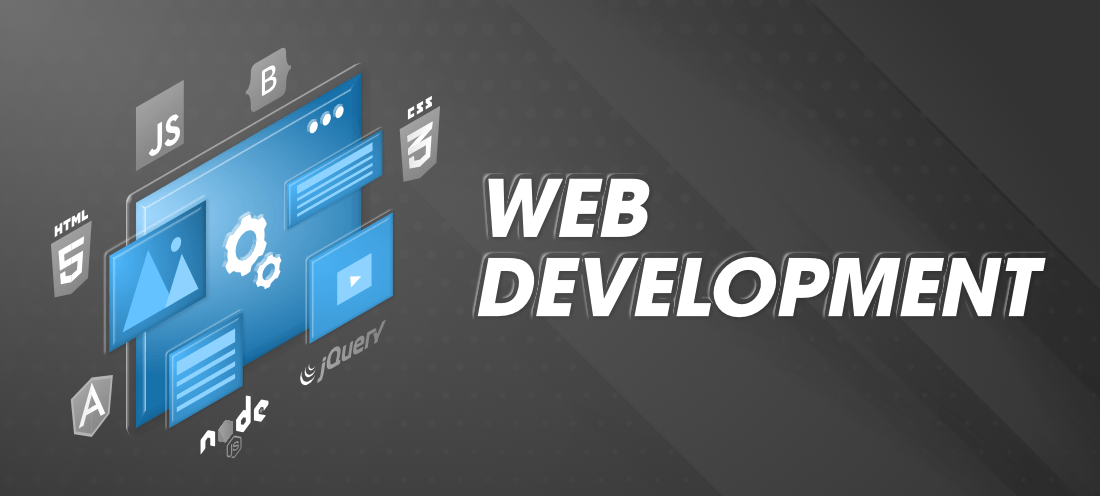In todays data-driven world, organizations rely heavily on data to make informed decisions and gain a competitive edge. Behind the scenes, data engineers play a crucial role in managing and transforming raw data into valuable insights. In this blog post, well explore the world of data engineering, what it entails, and the important role data engineers play in the data ecosystem.
Understanding Data Engineering
Definition: Data engineering is a field within data management that focuses on the practical application of data collection and data processing. It involves designing, building, and maintaining the systems and infrastructure for collecting, storing, and delivering data to data analysts, data scientists, and other stakeholders.
The Role of a Data Engineer
Responsibilities: Data engineers are responsible for several critical tasks in the data pipeline:
- Data Ingestion: They gather data from various sources, including databases, APIs, logs, and external data feeds.
- Data Transformation: Data engineers clean, preprocess, and transform raw data into a structured format suitable for analysis. This may involve data cleansing, aggregation, and enrichment.
- Data Storage: They design and maintain data warehouses or data lakes to store vast amounts of data efficiently and securely.
- Data Pipeline: Data engineers create and manage data pipelines, ensuring that data flows smoothly from source to destination. This involves scheduling, monitoring, and optimizing data workflows.
- Data Integration: They integrate data from multiple sources to create a unified view of the data, enabling comprehensive analysis.
- Data Quality Assurance: Data engineers implement data quality checks to ensure accuracy, completeness, and consistency of data.
- Scalability and Performance: They are responsible for optimizing data infrastructure for scalability and performance to handle increasing data volumes.
Skills and Tools
Technical Skills: Data engineers possess a range of technical skills, including:
- Programming: Proficiency in programming languages such as Python, Java, or Scala.
- Database Management: Knowledge of various databases like SQL, NoSQL, and distributed storage systems.
- ETL (Extract, Transform, Load): Expertise in ETL tools like Apache NiFi, Talend, or Apache Spark for data processing.
- Data Warehousing: Familiarity with data warehousing solutions like Amazon Redshift, Google BigQuery, or Snowflake.
- Cloud Computing: Understanding cloud platforms like AWS, Azure, or Google Cloud for building scalable data solutions.
- Data Modeling: Knowledge of data modeling techniques to structure data effectively.
- Version Control: Proficiency in using version control systems like Git.
Collaboration with Data Scientists and Analysts
Data engineers collaborate closely with data scientists and analysts to ensure that data is readily available and in the right format for analysis. They bridge the gap between raw data and actionable insights, enabling data-driven decision-making within organizations.
Data Security and Compliance
Data engineers are responsible for implementing data security measures and ensuring compliance with data privacy regulations such as GDPR and HIPAA. They play a crucial role in safeguarding sensitive data.
Data Science Training in Bangalore
If youre interested in pursuing a career as a data engineer, acquiring the necessary technical skills and staying updated with the latest data technologies is key to success in this dynamic field. Consider enrolling in a reputable data science training in Bangalore to gain the knowledge and hands-on experience required to excel in data engineering.
Conclusion
In conclusion, data engineers are the unsung heroes of the data world, working diligently behind the scenes to ensure that data flows seamlessly, is cleaned and transformed, and is ready for analysis. Their technical expertise and attention to detail are essential for organizations looking to harness the power of data. As the demand for data-driven insights continues to grow, the role of data engineers becomes increasingly vital in shaping the success of businesses across various industries.
Data engineering is not only about managing data; its about unlocking the potential of data for innovation and informed decision-making. If youre passionate about working with data and building the infrastructure that drives data-driven success, a career in data engineering may be the perfect fit for you.
by Sahil
























